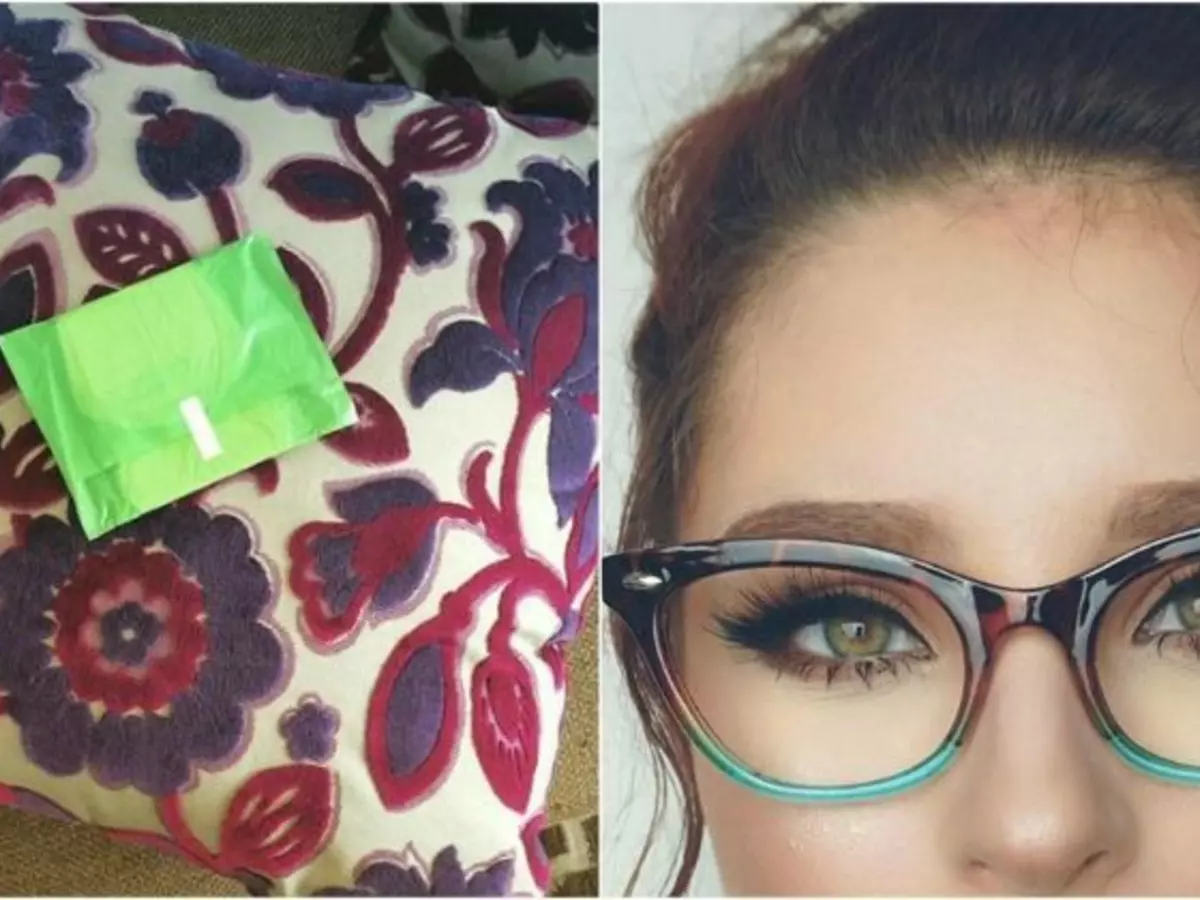Day 11 - Did I Tell You About The 11 Types Of Plastic?

I still cannot believe that I made it this far - 11 days of no plastic. But I have to tell you that it is not as if I am not using plastic at all. It's not possible, to be honest (at least not yet), but what I have given up on is the worst kind of plastic - the kind that suffocates animals, blocks our drains and gets inside our food chain.
Anyway, I myself was confused for the longest time about the varying types of plastics and how they affect us. Someone of late dropped the word of 'good plastic' quite nonchalantly in a conversation and I could not reason it. Is there good plastic? What exactly is good plastic?
In this post, we will talk about types of plastics, their goodness basis how much damage they cause.
1. Polyethylene terephthalate (PETE or PET)
PET is one of the most common forms of plastic produced and consumed in the world. It is the one that you find in plastic bottles and packaging. This is also the kind that's highly recyclable, if only it's collected and sent back to the plant.
2. Polyethylene (PE)
Remember those white bags in which you mostly carry heavy grains and stuff? Well, that's PE. These low and high-density bags are perfect for carrying heavy material.
3. PVC
No rocket science here, PVC is what makes pipes. Polyvinyl Chloride is perhaps most commonly used in construction for the residential and commercial purpose. Different types of PVC is used for plumbing, irrigation, insulation and in electric wires.
4. Polypropylene (PP)
Polypropylene is what is used in packaging of consumer products. Everything that you can imagine that's packaged comes in this. Furthermore, it is also used for plastic parts for the automotive industry and in special devices like living hinges, and textiles.
5. Polystyrene (PS)
Polystyrene is just another substitute for packaging under the name of styrofoam. It's different from Polypropylene in a way that this one is more solid than the former. It's used in soft drink lids or medical devices like test tubes or Petri dishes.
6. Polylactic Acid (PLA)
Polylactic Acid is derived from biomass than petroleum, yet it is here because it is the one that's used in DIY 3D printing. But this is what we call a good plastic as it's highly biodegradable.
7. Polycarbonate (PC)
Polycarbonate is a transparent material which is basically used for high impact strength relative to other plastics. This is used in greenhouses and other places where high strength is required - think of shields.
8. Acrylic (PMMA)
Acrylic is extremely transparent and which is why it is used in optical devices. This is scratch resistant and has less susceptible to damaging human skin or eye tissue.
9. Acetal (Polyoxymethylene, POM)
Acetal is known for its high resistance to heat, abrasion, water, and chemical compounds and which is why its used to bridge the material properties gap between most plastics and metals.
10. Nylon (PA)
Ropes? Clothes? Sheets?
Nylon is the kind that comes with a variety of applications and uses. It also forms for the hidden plastic that's being used by people without being told. It is often used as a substitute for low strength metals in applications like car engines because of its high strength.
11. ABS (Acrylonitrile Butadiene Styrene)
ABS comes with strong resistance to corrosive chemicals and physical impacts and is the kind that's easy to machine. It is easily available given its properties and that's why remains popular with people.
